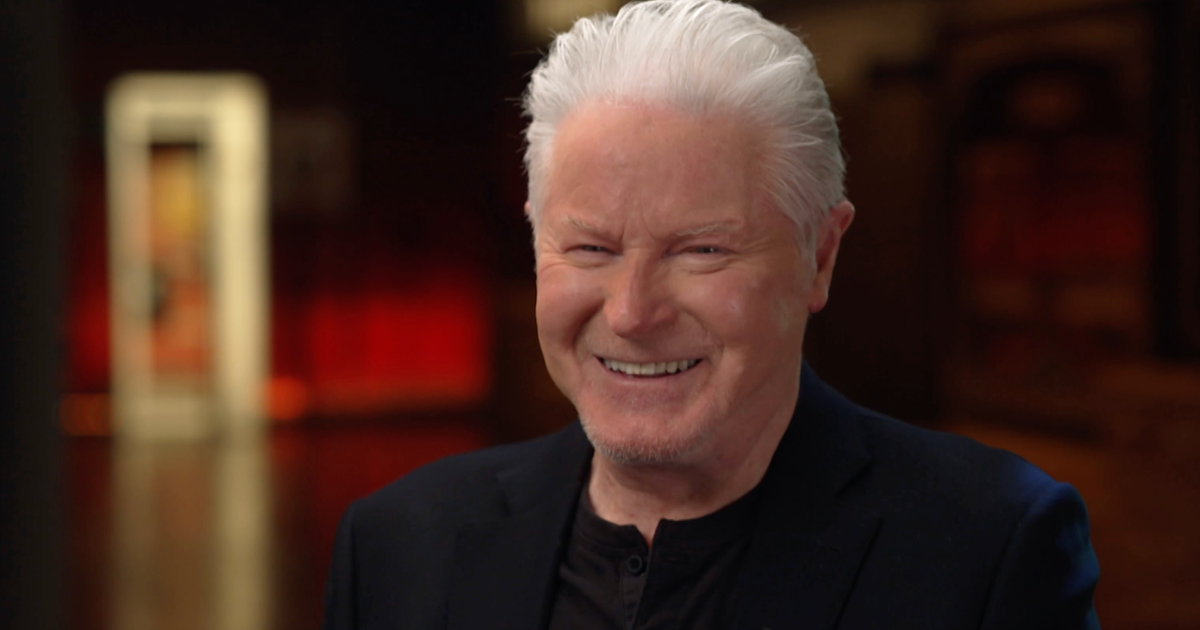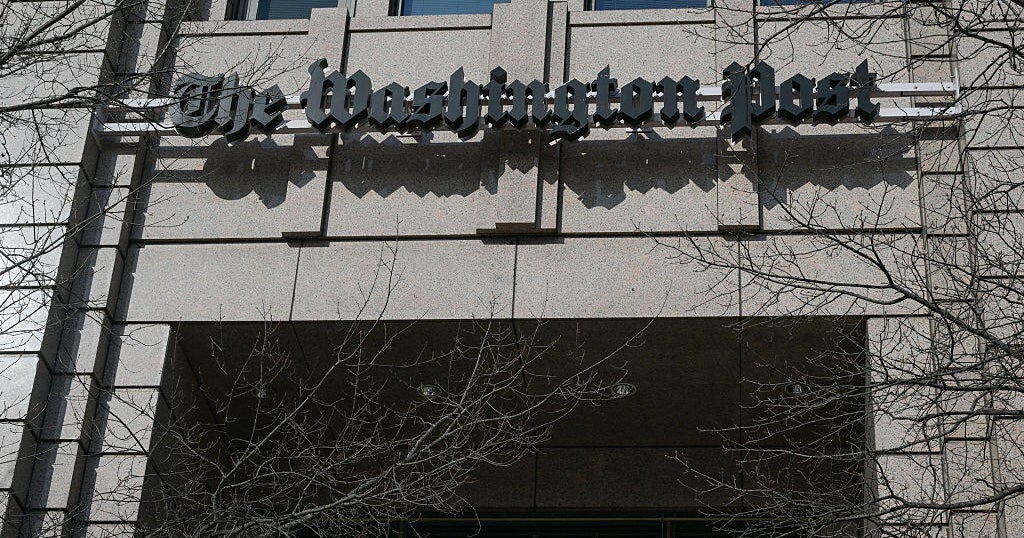Good Question: What is the point of Leap Day?
MINNEAPOLIS — We know that there are 365 days in the year, but this year there will be 366. So why do we get that bonus day? Good Question.
A calendar year is defined by one revolution around the sun. That's 365 days, right? Actually, it takes 365 and a quarter days.
"So once you get to four years, our calendar year is a whole day ahead, so we have to add an extra day to realign things," said Sally Brummel, planetarium manager at the Bell Museum.
GOOD QUESTION: How did Jell-O become a Midwestern staple?
Without Leap Day, in 100 our calendar would be 24 days off. In 700 years, summers would begin in December.
January and February were not even on the calendar back in the 8th century B.C.
"It's cold then, they don't plant things, so they were just months with no names," Brummel said.
But eventually they were added, and after some tweaking to better align with the sun, the Gregorian calendar was created in the 1500s.
Feb. 29 didn't become the official Leap Day — by British law — until the mid-1700s.
"Personally, I'm partial to February. It's my birthday month, so why not add another bonus day to my birthday month," Melissa Loftin said.
Those born in Leap Day would agree. Ashton Silva is one of those people.
She's one of around five million people in the world, known as "leaplings," who will get to celebrate their birthday on their actual birthdate this year — Feb. 29.
GOOD QUESTION: What makes up the price of a gallon gas?
"For me, it's normal, but it's also kind of special because I almost never run into anyone who has the same birthday," Silva said.
Since the earth's revolution around the sun is 365 days, and nearly a quarter of a day, leap year isn't always every four years. The next time it will be skipped is the year 2100.







